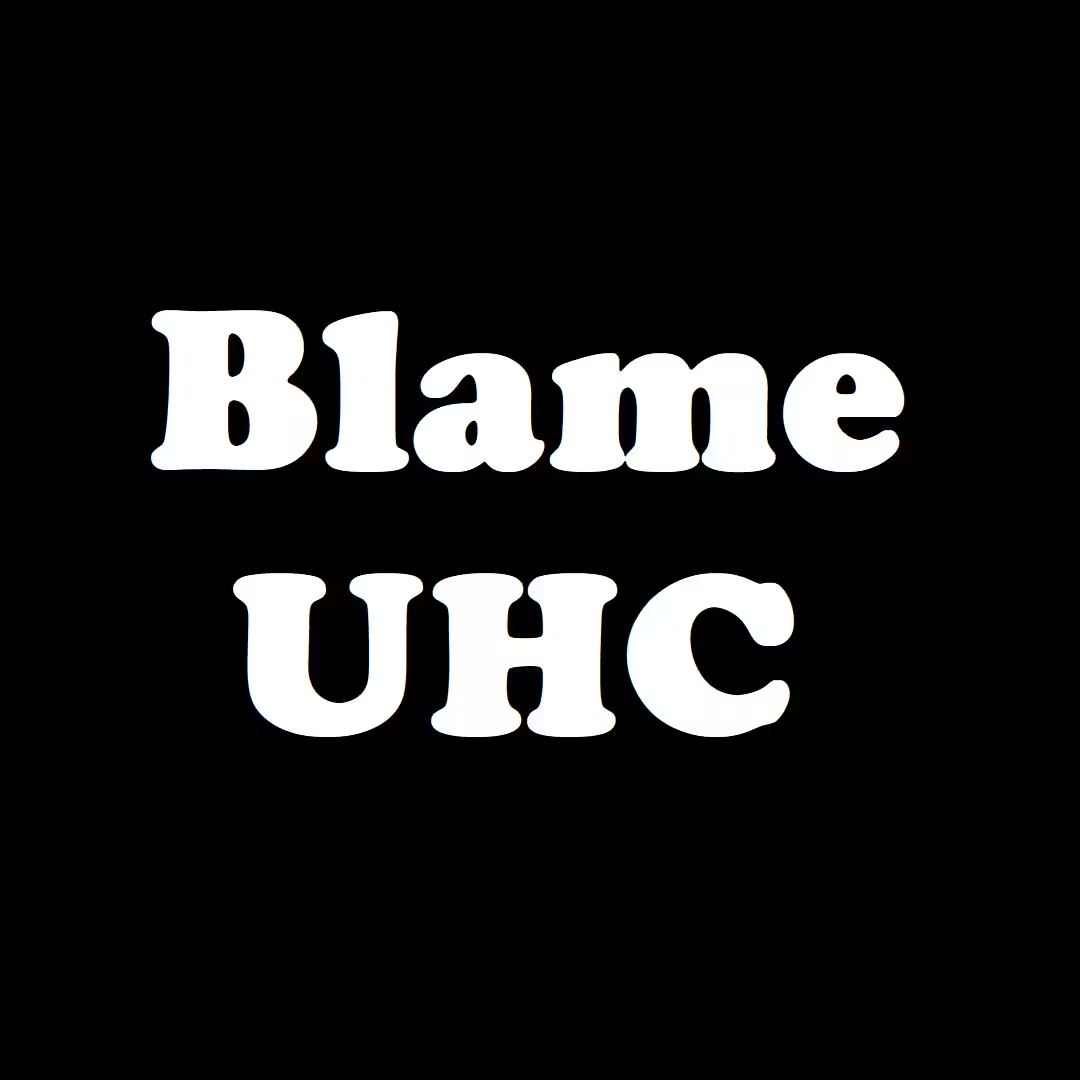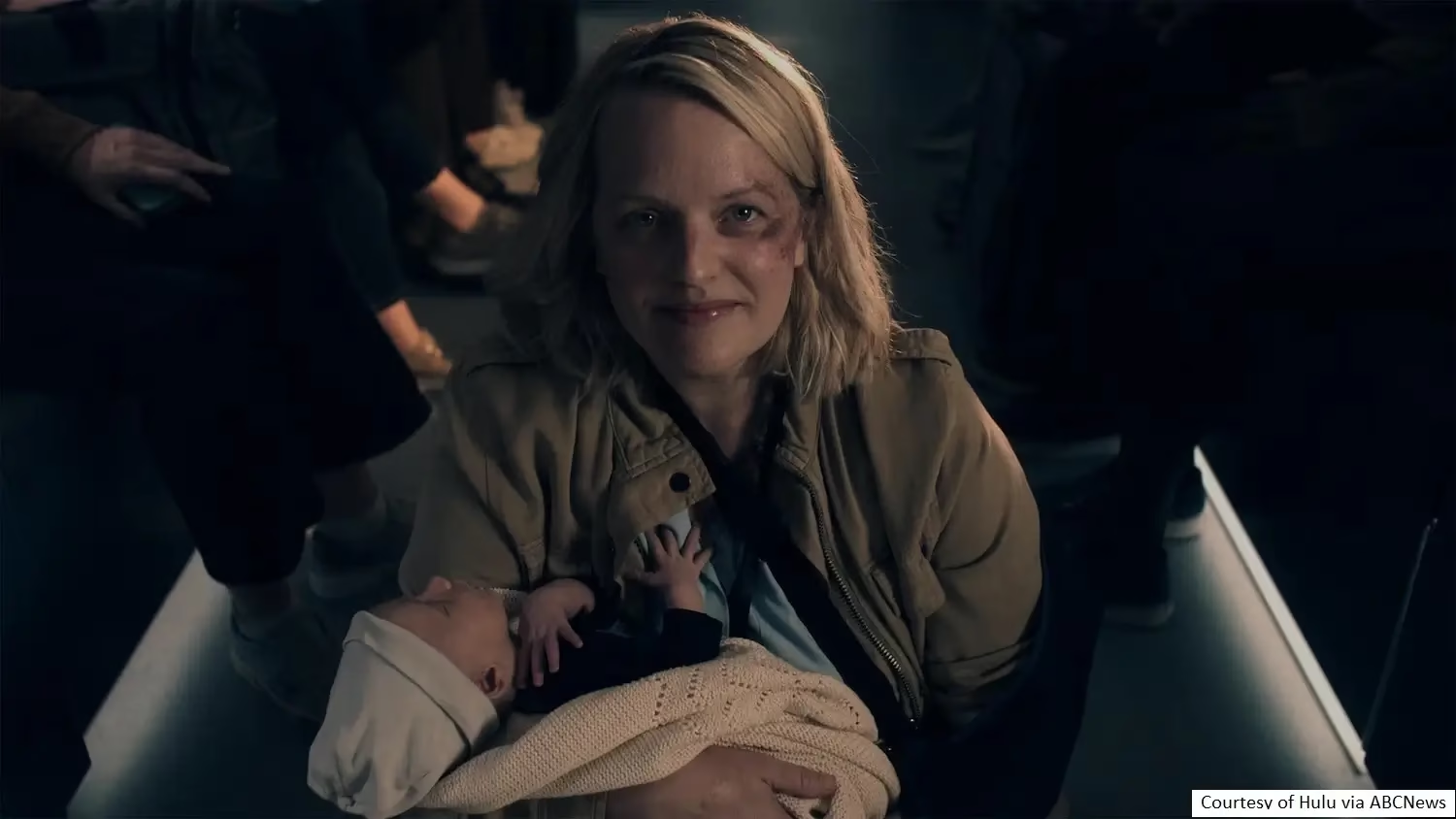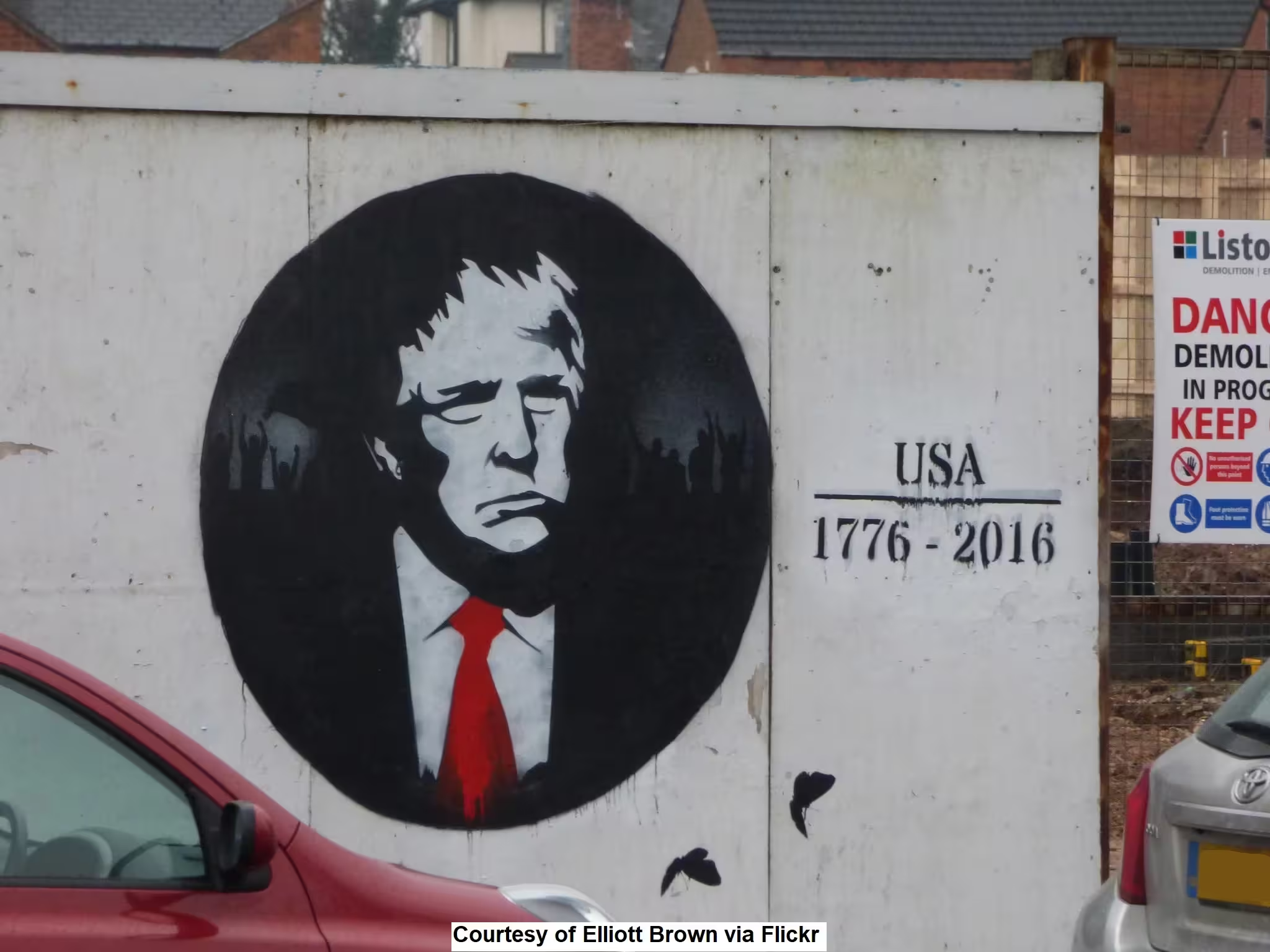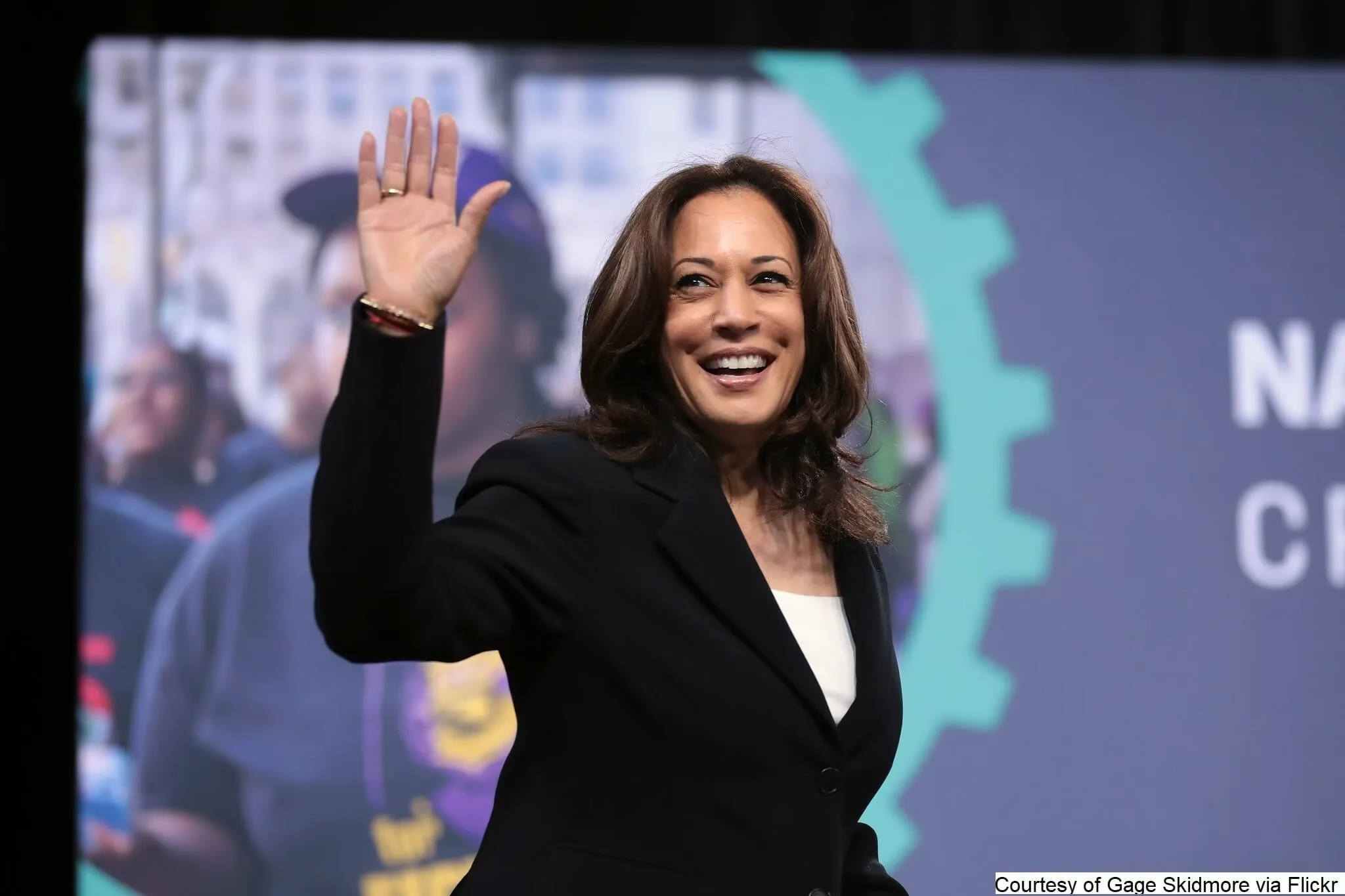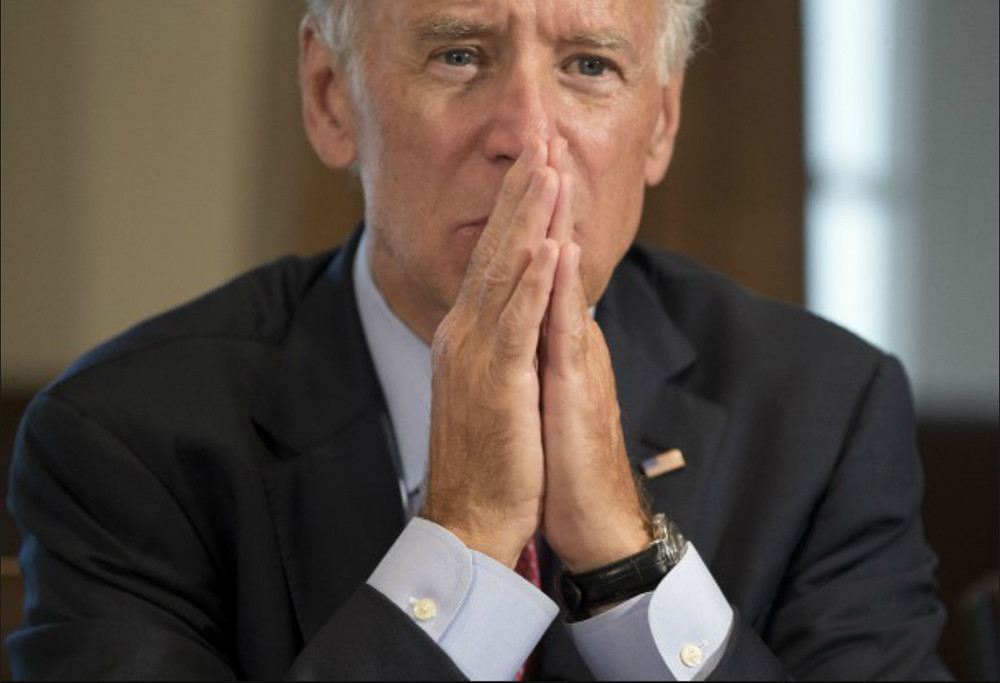Murder is not to be taken lightly. It should be approached with extreme reverence and care. It means violating the sanctity of life, and it has the potential to cause severe heartache and trauma to those who have been left behind. For that reason, I will affirm that it is wrong. But I will not for one second shed a tear for United Healthcare CEO Brian Thompson, and I’m not alone.
Thompson was gunned down by a masked assassin while on his way to a shareholder meeting in Midtown Manhattan on December 4. A man matching his description, 26-year-old Luigi Mangione, was arrested in Pennsylvania five days later.
There can be little doubt as to how Thompson died. The murder was caught on camera. But according to a new poll from NORC at the University of Chicago, roughly 70% of Americans believe that healthcare coverage from insurance companies like UHC bears at least “a moderate amount” of responsibility for his death. It’s easy to see why.
In early 2024, a Senate subcommittee investigated coverage for Medicare Advantage plans. According to their report, three major companies, including UHC, Humana, and CVS were intentionally denying expensive treatments in order to save money and increase profits. Their treatment of the elderly was particularly barbaric. UHC denied nursing home care 3 times more often than their competitors. A detailed report by health news publication, Stat, found that they were providing subpar care to stroke victims, cutting their recommended stay in inpatient facilities by half.
UHC is now facing a class action lawsuit alleging that they used a flawed AI to handle bulk claim reviews, which under Brian Thompson’s leadership reached roughly 32%. That is twice the industry average, but it’s not the largest number by far. Studies have found that some insurance companies deny up to 80% of claims.
After Thompson’s death, gut-wrenching stories started flooding in from social media. Cancer victims, cardiac patients–people from all walks of life, suffering from every malady imaginable–have been left disfigured or dead due to having their claims denied, and these were not isolated incidents.
A KFF survey found that 1 in 5 Americans have experienced some type of claim denial. Those numbers are significantly higher, reaching 27%, for patients who receive care on a regular basis. That is almost 1 in 3.
Patients who are chronically ill, dying, or vulnerable are all being disproportionately affected by these practices, and it is completely unnecessary.
This is not just the nature of capitalism. These companies are going the extra mile. United Healthcare pulled in a total revenue of $371.6 billion in 2023, and it is well known that they push their employees to deny coverage.
Natalie Collins, who worked for UHC as a claims representative, spoke with News Nation about her experience during her time there. The main focus of her training was centered around claim denials, so much so that supervisors would stand behind them and coach them during calls. They were also instructed on ways to cut their calls short, which meant that sick patients were rushed off the phone to avoid having to provide them with care.
Many of you are familiar with the call pattern–interruptions, threats, representatives shouting over you, and they always seem to find some reason to hang up. That is all by design, and patients who need lifesaving care receive the exact same treatment.
How is Brian Thompson Responsible?
The public tends to see victims as good people, but that’s not always the case. Yes, Brian Thompson was a father, a son, and a husband, but he was also being sued for defrauding a pension fund for retired firefighters. He had marital troubles, and he was arrested for driving drunk in 2017.
He was completely aware of what was happening inside his company. The Senate report that came out this year, which reaffirmed that UHC was unnecessarily denying claims, was drawn up during Thompson’s tenure. He knew what it said–and what it said about the elderly.
During his time at the company, there was a marked increase in claim denials and profits. So in all likelihood, he personally took action to make things worse.
Unfortunately, we don’t know how many people died as a result of this system. Some estimates say tens of thousands a year while others say hundreds of thousands. But it doesn’t matter. The body count is staggering.
Many people take the blame away from Thompson because he was participating in a system. In our society, any atrocity can be justified by saying “that’s just the way things work.” But the company clearly took efforts to increase the harm they were causing, and he knew people were dying.
He might not be responsible for his fate, and he certainly did not deserve it. But he does deserve some level of blame for his company’s death toll.
